![]()
Whether it’s a gruff, complex hero or a sarcastic AI, a game character’s voice is crucial to its success. These voice performances have become iconic, defining entire game series and pushing the boundaries of how games sound and look through advanced technology like performance capture and localization. Here are some exceptional examples of actors and directors working together to create truly memorable characters over multiple games, remakes, and platform releases.
Nolan North as Nathan Drake — Uncharted series
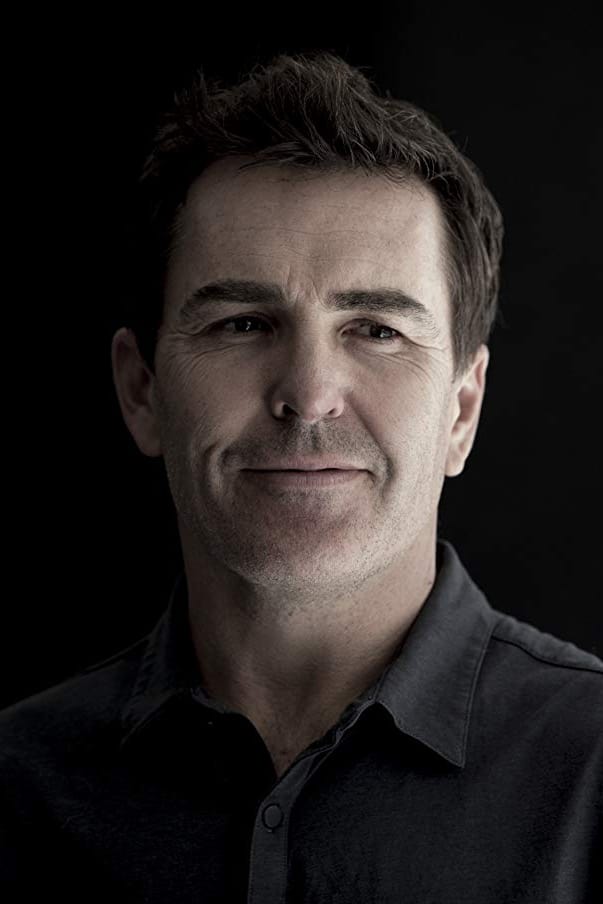
Nolan North first brought the character Nathan Drake to life in the 2007 PlayStation 3 game ‘Uncharted: Drake’s Fortune’ and continued to portray him in subsequent games, including remasters and ‘Uncharted 4: A Thief’s End’. His performance involved advanced motion capture, as well as extensive stunt work and facial performance recording at Sony’s studios. North also provided a wide range of vocal reactions for things like climbing, solving puzzles, and fighting, adding to the immersive gameplay. His portrayal of Drake became a standard for leading characters in action-adventure games throughout the late 2000s and 2010s.
Troy Baker as Joel — The Last of Us series
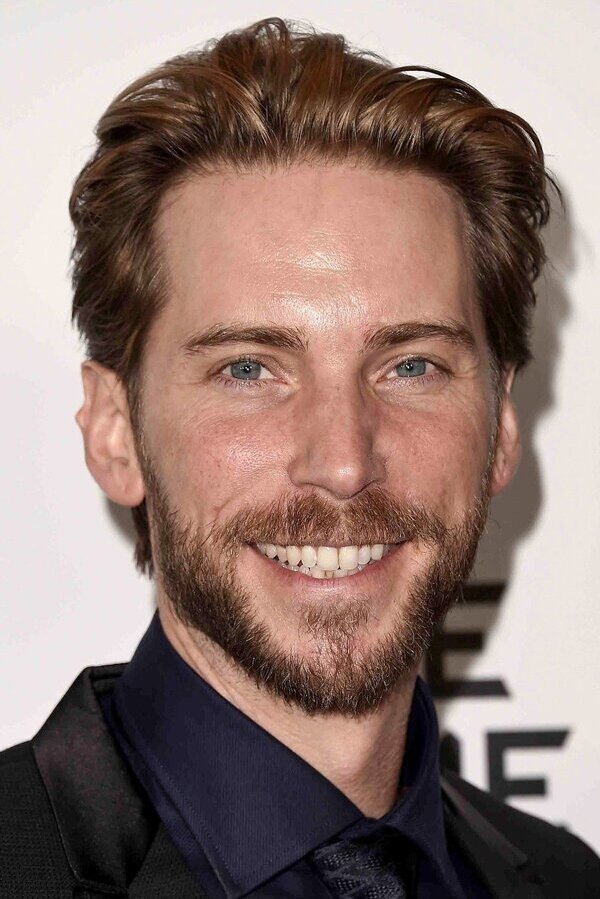
Troy Baker voiced and performed the character of Joel in the popular game released by Naughty Dog in 2013, and in subsequent installments. He didn’t just provide the voice; his facial expressions and body movements were also captured to bring the character to life. Recordings were done with other actors to ensure the timing felt natural during important story moments. Joel’s lines included instructions for sneaking, making items, and giving commands to other characters, so Baker often recorded multiple versions of the same line to fit different situations. Baker continued to play Joel in updated versions of the game and expansions across various PlayStation consoles and on PC.
Ashley Johnson as Ellie — The Last of Us series
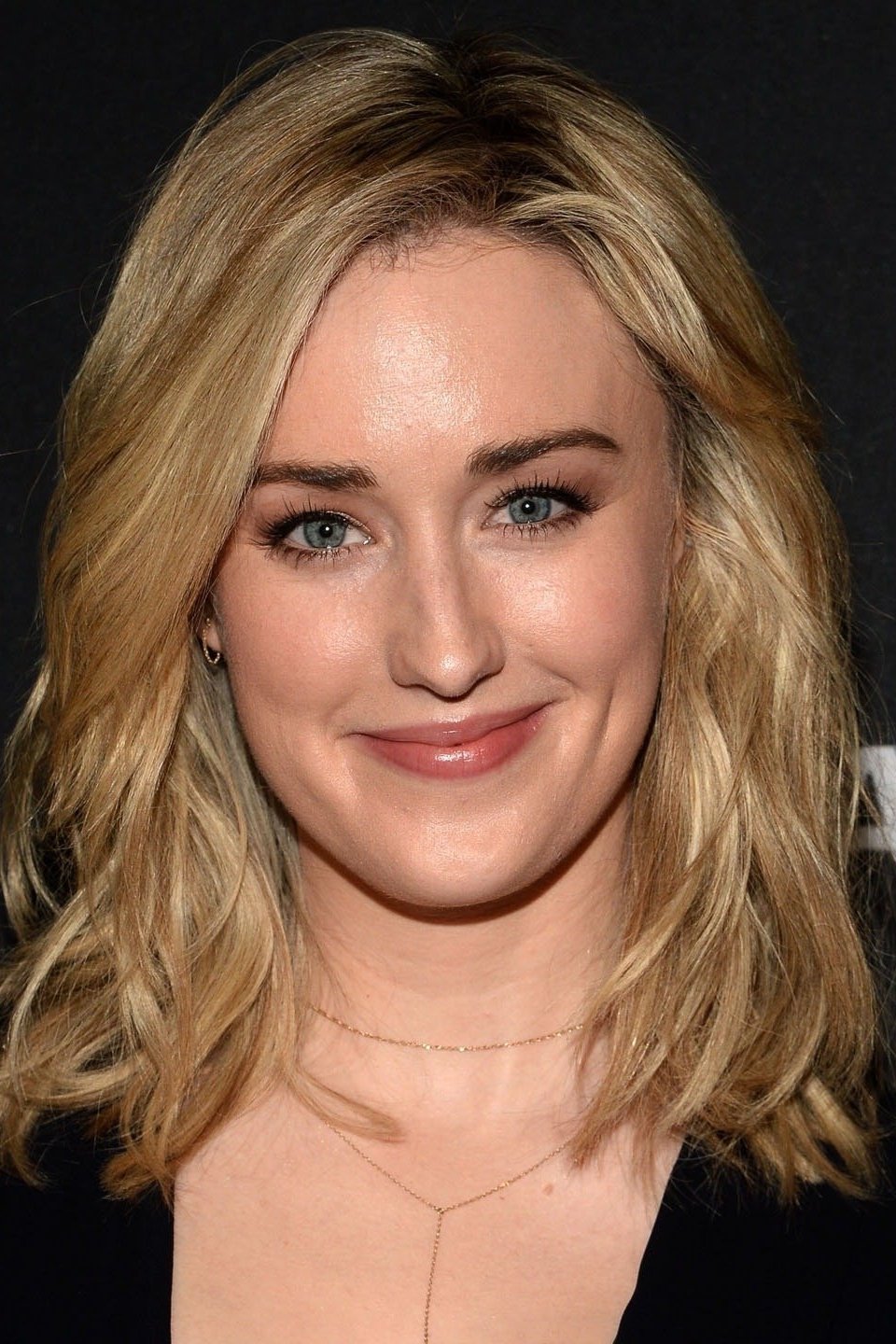
Ashley Johnson portrayed Ellie throughout the entire game, including all added chapters and content. The recording process captured her full body movements, and a lot of effort went into matching her sounds – like grunts during fights and spoken lines – to the action on screen. She recorded dialogue across a wide vocal range, from youthful to adult, to reflect the character’s age changes and flashbacks. When translating Ellie’s lines into other languages, Johnson’s original performance was used to ensure the timing and rhythm felt natural.
Jennifer Hale as Commander Shepard — Mass Effect series
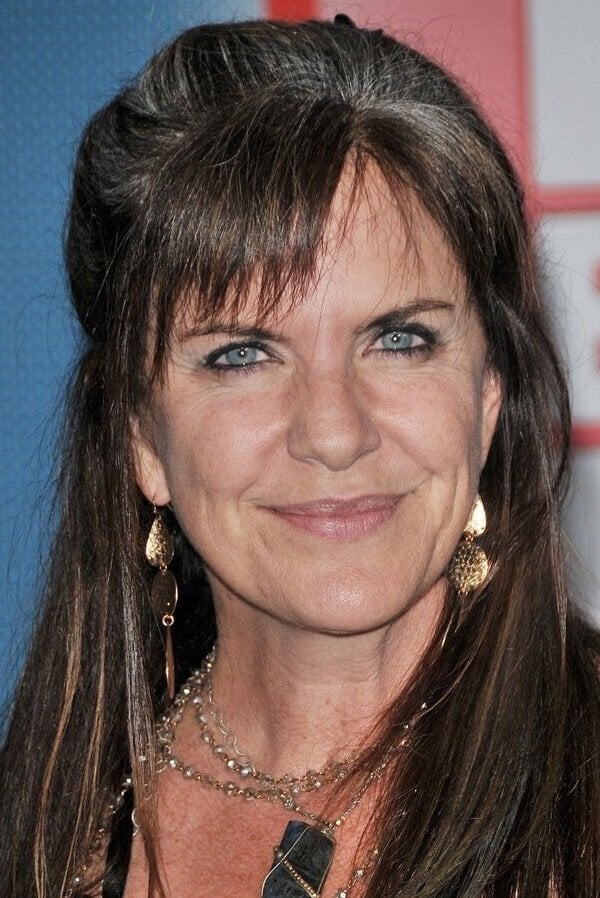
Jennifer Hale was the voice of female Commander Shepard throughout BioWare’s Mass Effect trilogy and the Legendary Edition. This involved recording extensive dialogue for different choices – like playing as a ‘Paragon’ or ‘Renegade’ – as well as conversations with squadmates and romantic interactions. She worked closely with the other voice actors to ensure the conversations felt natural, even though players could make different choices and change the story. Hale’s voice also brought to life many aspects of the game’s ships, including informational entries and announcements during combat.
Mark Hamill as The Joker — Batman: Arkham series
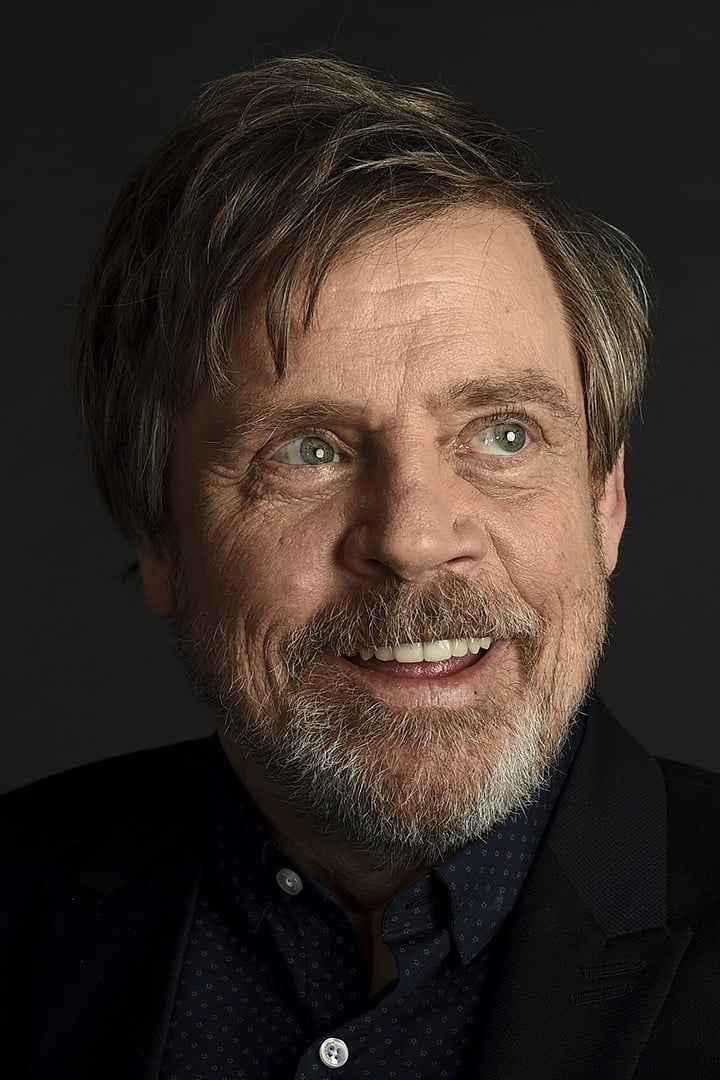
Mark Hamill’s iconic portrayal of The Joker in the ‘Batman: Arkham Asylum’ games and their sequels featured both dramatic cutscenes and taunts heard within the game world. To achieve the perfect sound, recording sessions used multiple microphones, capturing the highs of his maniacal laughter without distortion while maintaining clear dialogue during quieter moments. Hamill also recorded different versions of lines for various gameplay situations, like detective mode and boss battles. These recordings were seamlessly blended with the sounds of the game’s environments, bringing both Arkham Asylum and Gotham City to life.
Kevin Conroy as Batman — Batman: Arkham series
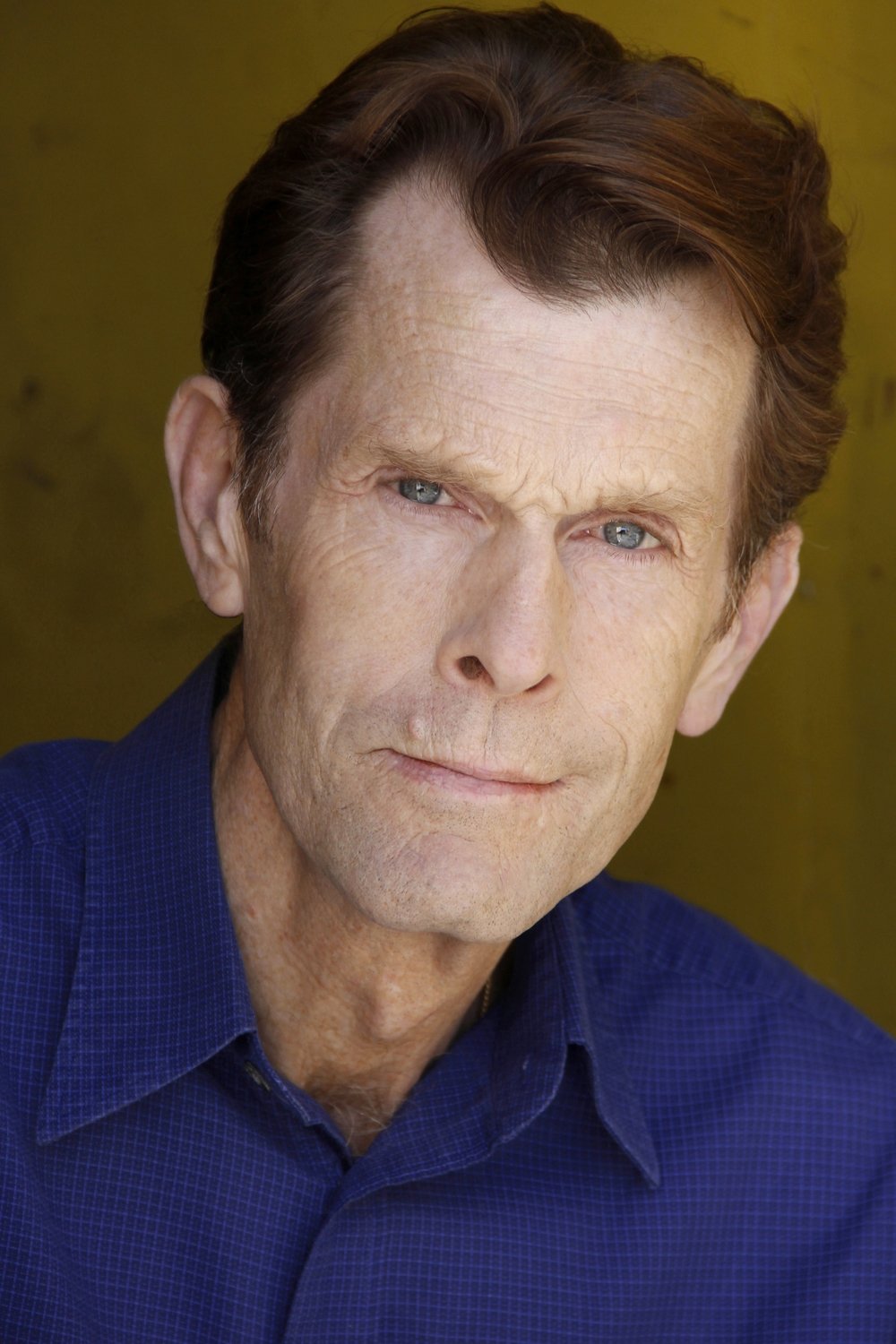
Kevin Conroy brilliantly portrayed both Bruce Wayne and Batman in Rocksteady’s three Batman games. He provided all of Batman’s in-game voice work, including detective thoughts, growls during combat, and communications from the Batmobile. His performance featured two distinct voices: the public persona of Bruce Wayne and the deeper, altered voice Batman used while in costume. The dialogue was carefully adjusted to sound like it was coming from within the Batman cowl without making it unclear. Conroy’s voice work also extends to tutorials on gadgets and augmented reality training materials.
Ellen McLain as GLaDOS — Portal series

Ellen McLain voiced the artificial intelligence in Valve’s games ‘Portal’ and ‘Portal 2’. Her lines were altered – their pitch and sound were changed – to create the AI’s unique voice. She provided dialogue for everything from the game’s tutorials and story details within the environment, to the music-synchronized scenes after the credits. The AI responds differently depending on how players solve puzzles or if they fail, and her voice is heard throughout the game’s testing chambers, from the turrets to the facility’s announcement system.
David Hayter as Solid Snake/Big Boss — Metal Gear Solid series
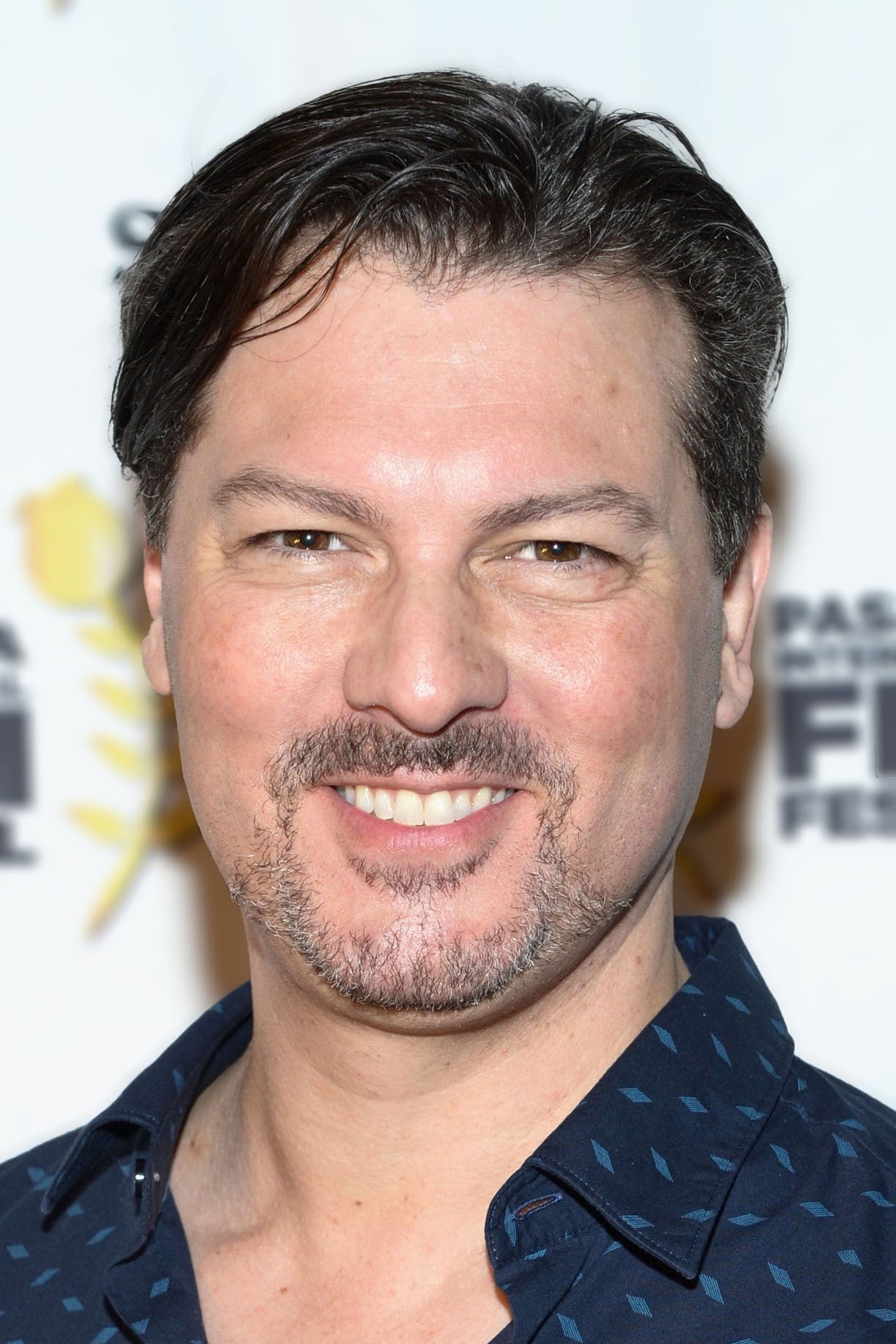
As a huge Metal Gear fan, I always thought David Hayter was Solid Snake! He started with the very first ‘Metal Gear Solid’ on PlayStation and basically became the voice of the character through all the major games, even playing Naked Snake/Big Boss in the prequel stories. What always impressed me was how much he did – tons of those codec conversations weren’t just story stuff, they actually helped you play the game! He’d record lines for every possible situation – different difficulties, getting spotted, sneaking around – to make everything feel consistent. Seriously, his performance set the standard for how the character sounded in other languages and even in the remakes. He defined the role.
Doug Cockle as Geralt of Rivia — The Witcher series
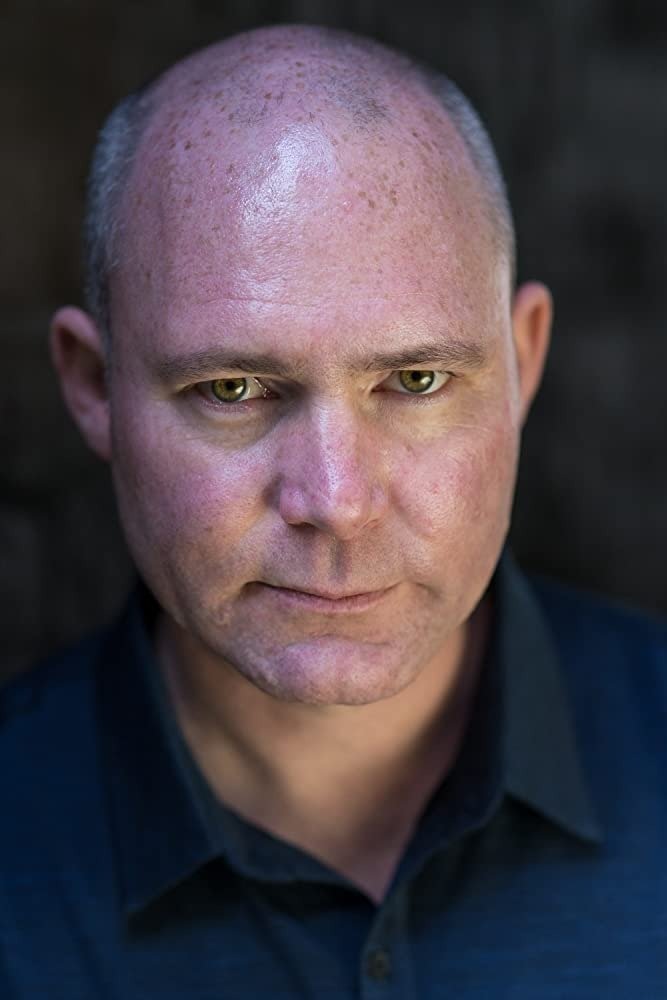
Doug Cockle voiced Geralt of Rivia throughout all three Witcher games and their expansions. He recorded a huge range of lines, including dialogue options, grunts during combat, reactions to potions, and even sounds while riding Roach. The developers also captured multiple versions of lines to match the different ways quests could play out, depending on player choices, alchemy, and magic. Cockle’s voice work blends seamlessly with the atmospheric sounds of the game’s various locations, like the cities, islands, and countryside.
Roger Clark as Arthur Morgan — Red Dead Redemption 2

Roger Clark brought Arthur Morgan to life by combining his voice acting with performance capture over extended scenes. He recorded a wide range of dialogue, including conversations around the camp, reactions to other characters, and lines that changed based on the player’s honor level. The game dynamically adjusted his voice to reflect things like the weather, Arthur’s health, and whether he was wanted by the law, even including unique lines for specific situations like being in a town affected by disease or interacting with masked individuals. To accurately portray the game’s 1899 setting, Clark also performed regional accents and used language appropriate for the time period.
Steven Ogg as Trevor Philips — Grand Theft Auto V
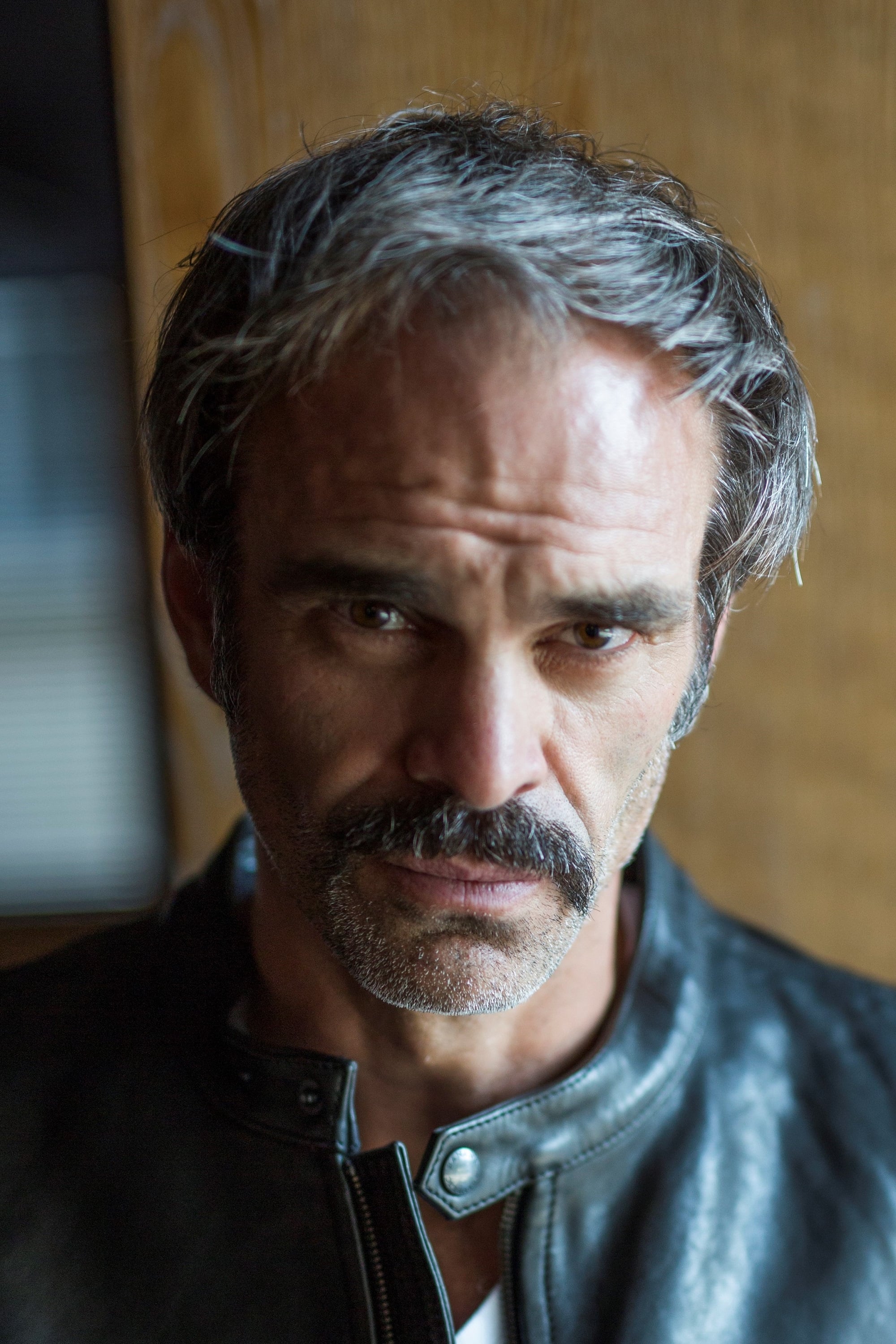
Troy Baker provided both the voice and motion capture performance for the character Trevor throughout the game’s story and open-world activities. This included dialogue for everything from elaborate heists to spontaneous encounters, and scenes where the player switches between characters. His voice work also synced with the actions of other characters, both allies and enemies, during intense action and stealth sequences. Baker’s contributions continued with new story content added to the game’s online mode.
Michael Hollick as Niko Bellic — Grand Theft Auto IV
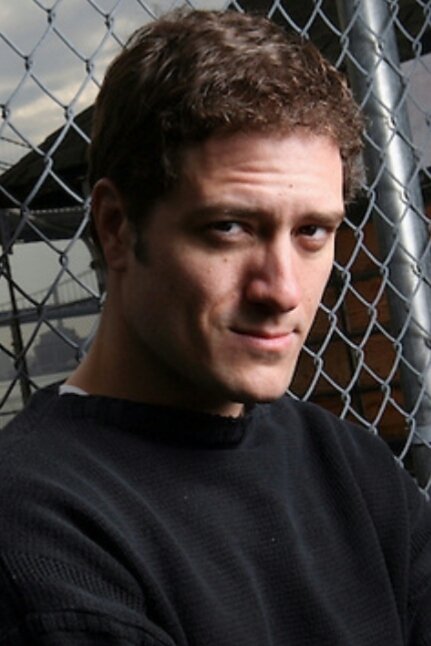
Michael Hollick brought the character Niko to life in Rockstar’s Liberty City, performing scenes using motion capture technology. He recorded a lot of dialogue for the game, including lines for missions where player choices matter, casual interactions with friends, and phone calls that change what missions are available. Hollick also provided lines that react to things happening in the game world, like driving, avoiding the police, and talking to people in different parts of the city. His performance is central to a story that branches depending on player decisions, leading to different endings and unique cutscenes later in the game.
Courtnee Draper as Elizabeth — BioShock Infinite
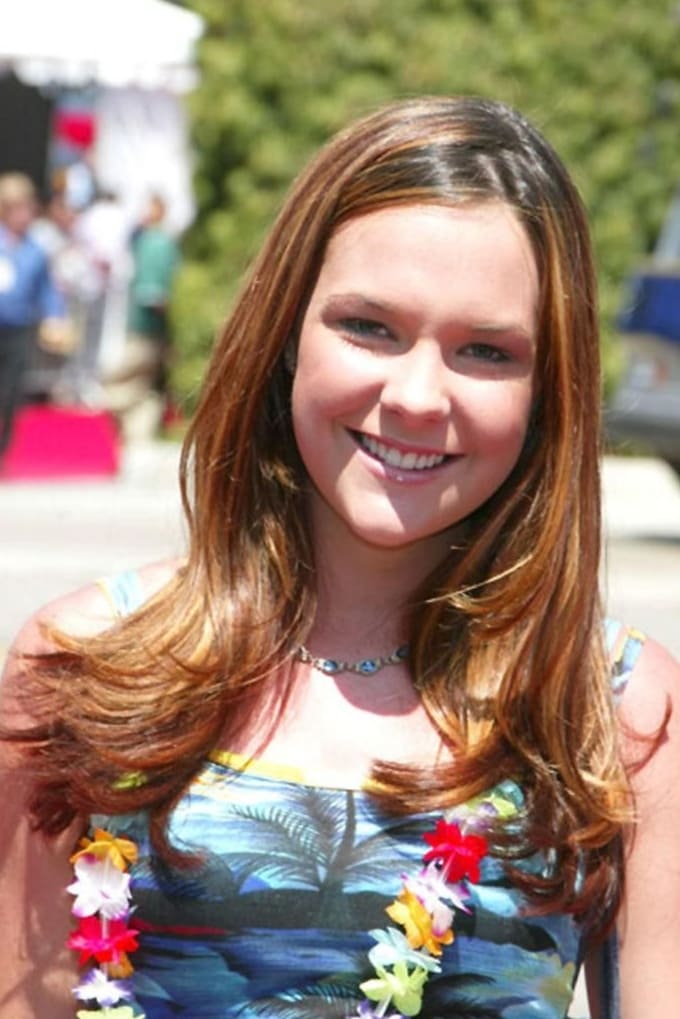
Courtney Draper provided the voice for Elizabeth, working with the game’s animation team to match her delivery with the character’s emotions. Elizabeth has an AI companion that reacts to the environment – commenting on places, discoveries, and collected items – which meant recording dialogue that fit specific situations. Irrational Games recorded lines that only played when the player got close to certain objects or areas. Draper’s voice work also connects with the game’s music and changes during battles.
Melina Juergens as Senua — Hellblade: Senua’s Sacrifice

Juergens, a video editor at Ninja Theory, not only led the performance capture for the game, but also became the character. They used advanced binaural audio and layered vocal techniques to realistically portray Senua’s mental state. Throughout the recording process, medical professionals and advocates were consulted to ensure the voice acting accurately represented auditory hallucinations. The game intentionally keeps on-screen displays to a minimum, instead relying on Senua’s voice to guide players, provide clues for puzzles, and signal combat timings.
Dave Fennoy as Lee Everett — The Walking Dead
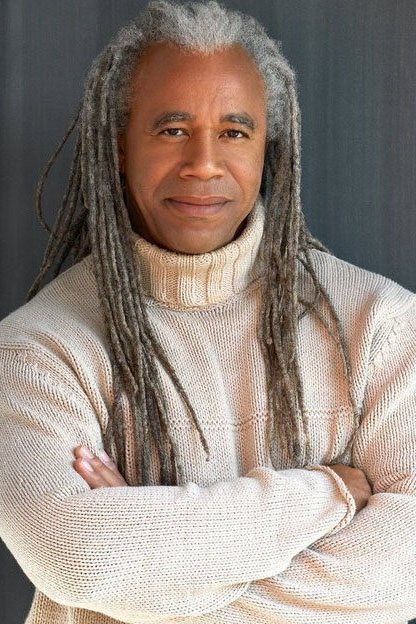
Fennoy provided the voice for Lee in Telltale’s adventure game, where the story changes based on player choices, and those choices are remembered throughout the game. The voice acting focused on natural, quiet conversations to emphasize how important decisions are. Lines were recorded with different speeds and pauses to work smoothly with action prompts and allow players to take their time. The game also features unique voice lines depending on how well the player builds relationships with other characters and keeps the group working together.
Laura Bailey as Abby Anderson — The Last of Us Part II

So, I played Bailey in this game, and it was pretty cool. We used performance capture for all the fighting and cutscenes, so they really got my facial expressions. What’s even more interesting is that the dialogue changed depending on what weapons I was using, if I was sneaking around, or even what my AI buddies were doing! There were also flashback scenes where I had to change how I sounded – make my voice younger or more intense. The localization teams used my voice takes to make sure the dubbing and subtitles matched the timing and rhythm perfectly, which was a neat detail.
Keith David as Thel ‘Vadam (The Arbiter) — Halo series
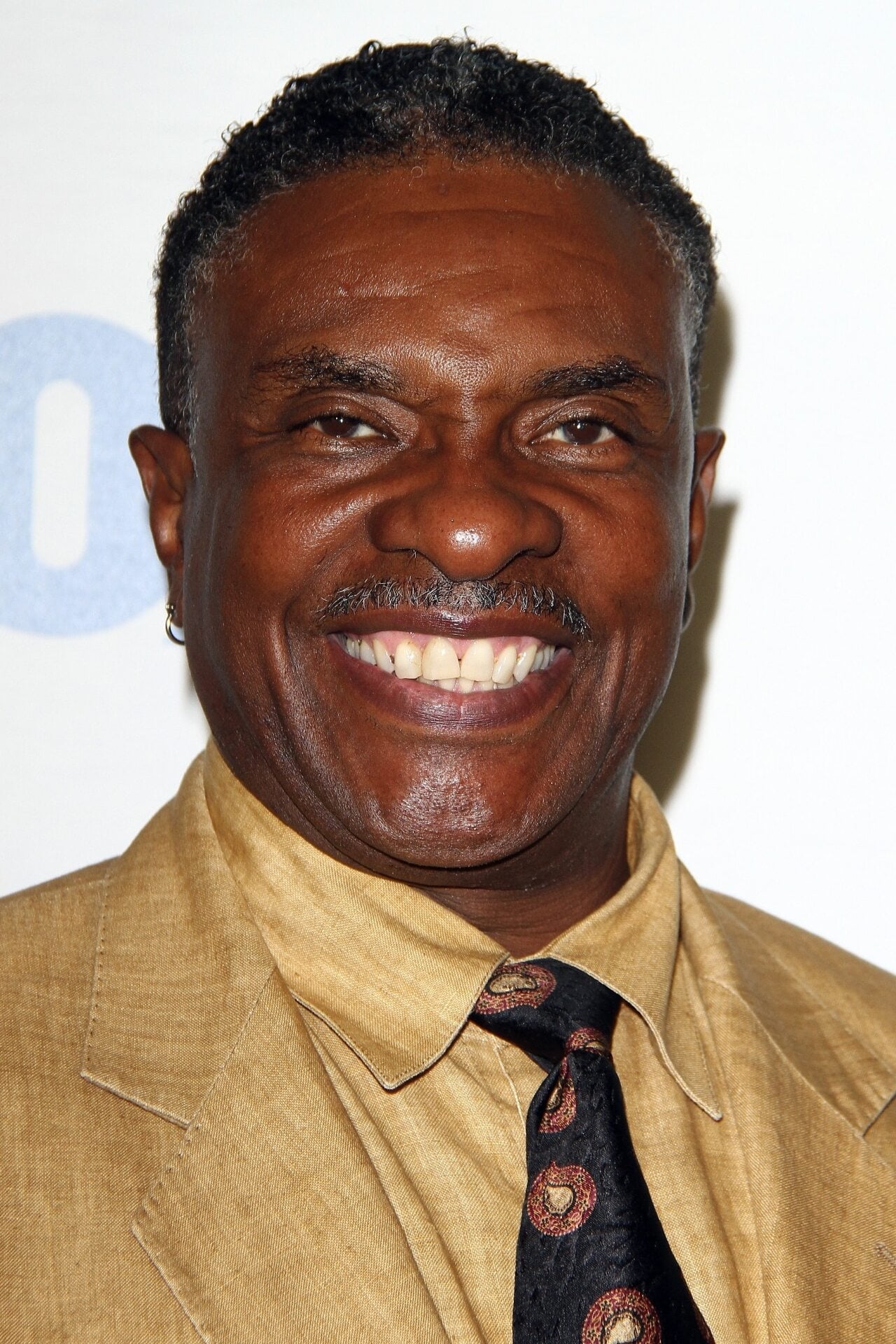
Keith David provided the voice for the Sangheili leader in several ‘Halo’ games. He recorded lines for everything from important mission updates to quick commands during battles, and even specific callouts for players working together, whether on a single screen or online. His voice acting changed depending on who the player was fighting – the Covenant, the Flood, or the UNSC – thanks to how it connected with the game’s artificial intelligence. The audio team also used special effects like reverb to make the sound fit the environment, whether it was inside a spaceship, an ancient Forerunner building, or out on an open battlefield.
Charles Martinet as Mario — Super Mario series
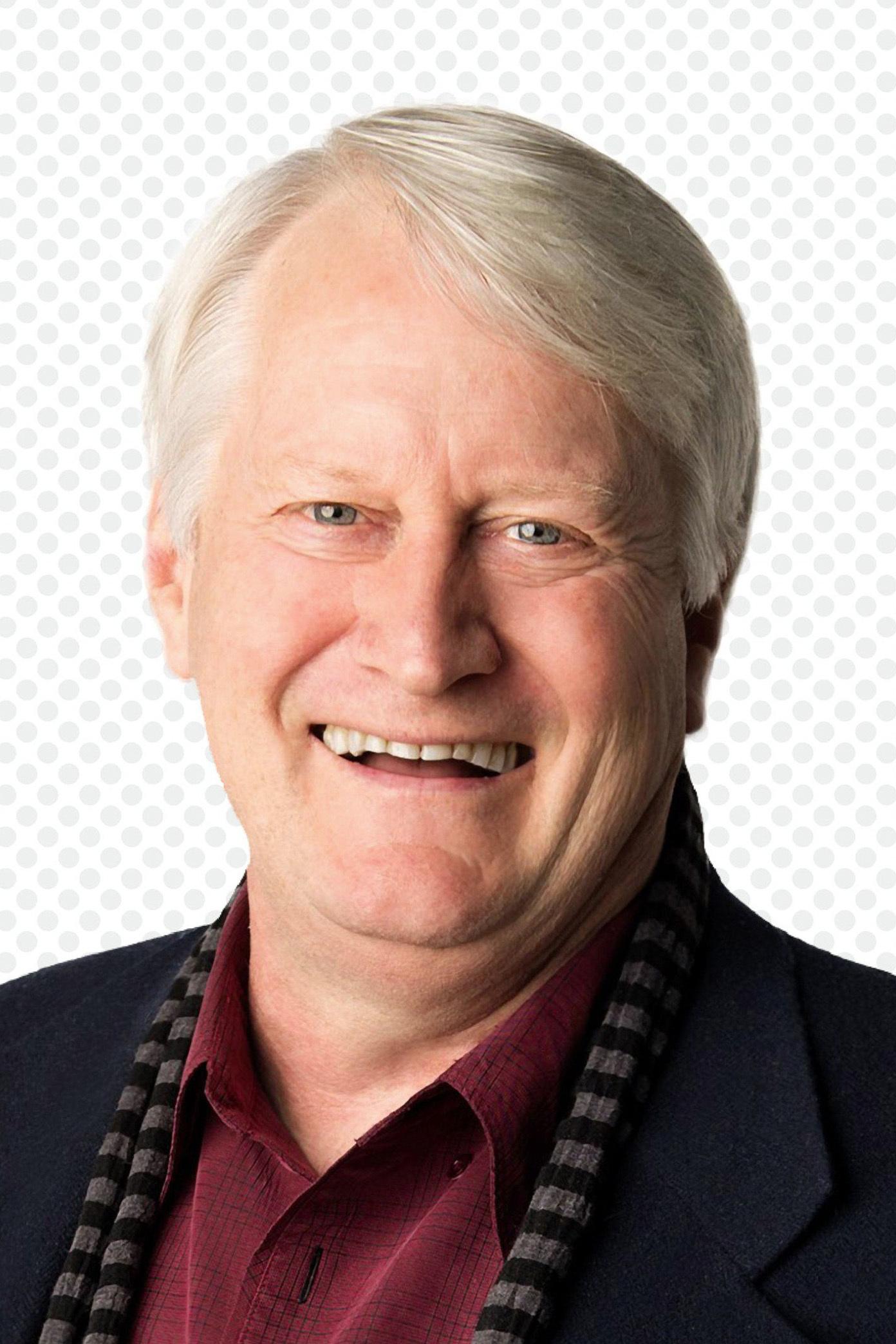
Charles Martinet originally voiced Mario, starting with ‘Super Mario 64’ and continuing in all the main Mario games, sports titles, and spin-offs. He recorded many short sounds and phrases for things like jumping, getting power-ups, and taking damage. These sounds were initially created to be small in size for older game consoles, but have since been updated for better quality. Martinet has now moved into a role as a ‘Mario Ambassador,’ and his original recordings are still used in new games.
Jon St. John as Duke Nukem — Duke Nukem series

St. John first developed the character’s unique voice back in the 1990s with the game ‘Duke Nukem 3D’. The character is known for making quick, funny comments whenever players find items, secrets, or interact with the game world. Early versions of the game for PCs needed a lot of audio compression and didn’t perfectly match lip movements, but these issues were fixed in later versions. The character’s memorable lines became popular online, inspiring soundboards and fan-made modifications throughout the game series.
Charles Dance as Emhyr var Emreis — The Witcher 3: Wild Hunt

Charles Dance provided the voice for the Nilfgaardian emperor in the 2015 game from CD Projekt Red. His performance used formal language and a regal rhythm to fit the political setting of Vizima. You’ll encounter the character during key story missions and optional meetings that vary depending on your decisions as a player. The voice recording was combined with immersive palace sounds and cutscenes created within the game itself.
Tell us about your most memorable voice-over moments from games in the comments! Also, let us know which voice actors you’d like to see featured next.
Read More
- 39th Developer Notes: 2.5th Anniversary Update
- Shocking Split! Electric Coin Company Leaves Zcash Over Governance Row! 😲
- Celebs Slammed For Hyping Diversity While Casting Only Light-Skinned Leads
- The Worst Black A-List Hollywood Actors
- Quentin Tarantino Reveals the Monty Python Scene That Made Him Sick
- TV Shows With International Remakes
- All the Movies Coming to Paramount+ in January 2026
- Game of Thrones author George R. R. Martin’s starting point for Elden Ring evolved so drastically that Hidetaka Miyazaki reckons he’d be surprised how the open-world RPG turned out
- Gold Rate Forecast
- Here Are the Best TV Shows to Stream this Weekend on Hulu, Including ‘Fire Force’
2025-11-18 06:20